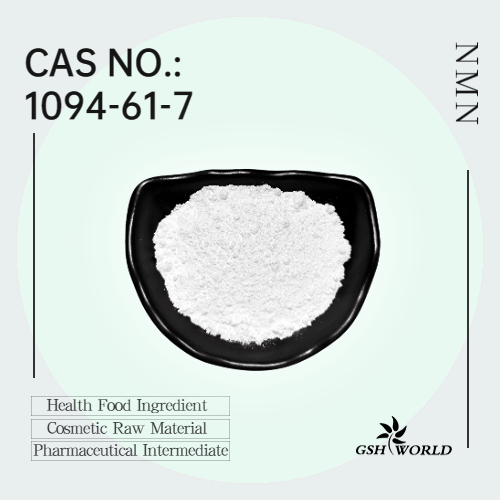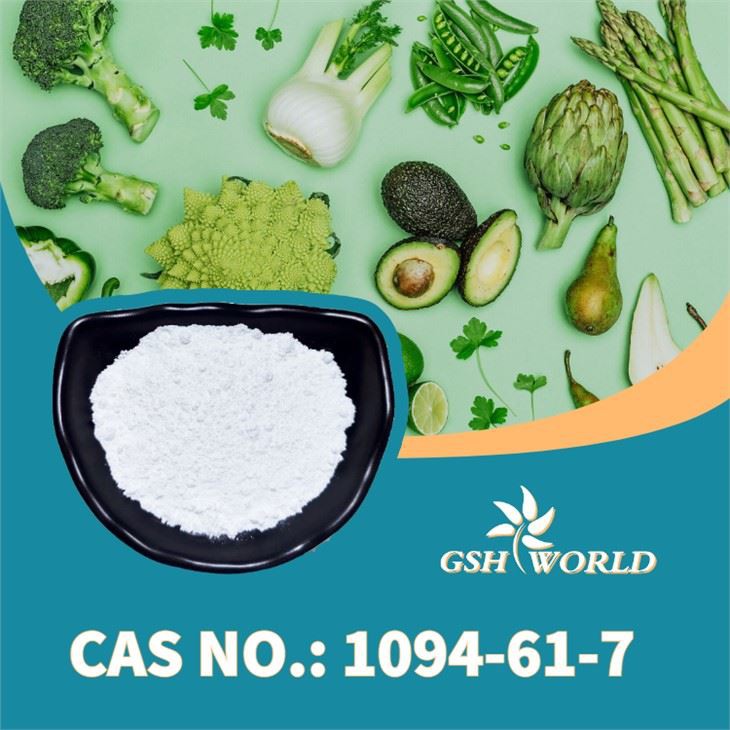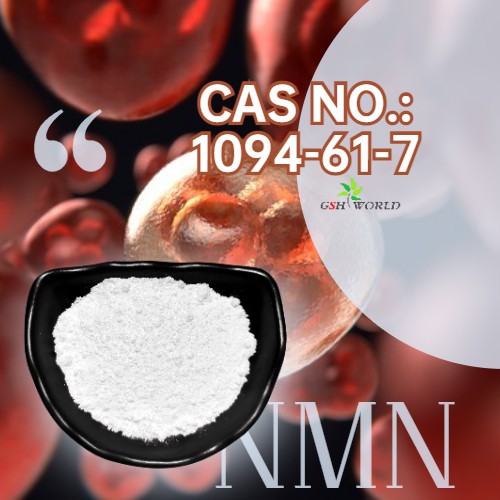NMN improves vascular endothelial function
Promote nitric oxide synthesis
Nitric oxide produced by vascular endothelial cells is an important signaling molecule, which can regulate the dilation and contraction of blood vessels and maintain the normal tension of blood vessels. NMN
NMN can promote nitric oxide synthesis by increasing the level of intracellular NAD+ and activating endothelial nitric oxide synthase (eNOS).
Sufficient nitric oxide can relax vascular smooth muscle, increase vascular diameter, improve blood circulation, reduce blood pressure, reduce cardiac afterload, and prevent hypertension from cardiovascular and cerebrovascular damage.
Repair endothelial injury
Various cardiovascular risk factors, such as hypertension, hyperlipidemia, and hyperglycemia, may lead to vascular endothelial cell damage.
NMN can enhance the self-repair ability of cells and promote the repair and regeneration of damaged endothelial cells.
It can also inhibit the further damage of endothelial cells caused by inflammatory response, reduce oxidative stress, maintain the integrity and normal function of vascular endothelia, and reduce the risk of cardiovascular diseases such as atherosclerosis.

NMN enhances myocardial function
Improve myocardial energy metabolism
Cardiomyocytes require a lot of energy to maintain normal systolic and diastolic functions.
After entering cardiomyocytes, NMN can increase the level of intracellular NAD+, activate mitochondrial respiration, increase the production of adenosine triphosphate (ATP), and provide adequate energy for cardiomyocytes.
This helps to improve the contractility of the myocardium and the pumping function of the heart, enhance the tolerance of the heart to various physiological and pathological stress, and prevent and improve heart disease such as heart failure.
Anti-cardiomyocyte apoptosis
In myocardial infarction, cardiomyopathy and other heart diseases, cardiomyocyte apoptosis is one of the important causes of myocardial injury and cardiac function decline.
NMN can activate intracellular survival signaling pathways, such as PI3K/Akt signaling pathway, inhibit the expression of apoptosis-related proteins and reduce the apoptosis of cardiomyocytes.
It can also promote the proliferation and differentiation of cardiac stem cells, increase the number of cardiomyocytes, help repair damaged cardiac tissue, and improve heart function.

NMN reduces blood lipids and inhibits thrombosis
Regulating lipid metabolism
NMN can reduce the levels of total cholesterol, triglycerides and low-density lipoprotein cholesterol (LDL-C) in the blood, while increasing the levels of high-density lipoprotein cholesterol (HDL-C) by regulating the expression of genes related to lipid metabolism in liver cells.
HDL-C is known as the “good cholesterol”, which is able to transport cholesterol in the blood vessel wall to the liver for metabolism, thereby reducing cholesterol deposition in the blood vessel wall and reducing the risk of atherosclerosis.
Inhibit platelet aggregation and thrombosis
Platelet aggregation is the key step of thrombosis, which is one of the important factors leading to the occurrence and development of cardiovascular and cerebrovascular diseases.
NMN can inhibit platelet activation and aggregation, reduce blood coagulation, and reduce the possibility of thrombosis.
It can also improve the antithrombotic function of vascular endothelium, prevent the attachment and growth of thrombus in blood vessels, and thus reduce the risk of cardiovascular and cerebrovascular diseases such as myocardial infarction and stroke.
Reduce inflammation
Inhibit the expression of inflammatory factors
Chronic inflammation plays an important role in the occurrence and development of cardiovascular and cerebrovascular diseases.

NMN can reduce the expression of tumor necrosis factor-α (TNF-α), interleukin-6 (IL-6) and other inflammatory factors by inhibiting the activation of inflammatory signaling pathways such as nuclear factor-κB (NF-κB), thereby reducing the inflammatory response of blood vessel wall and myocardial tissue.
This helps to delay the process of atherosclerosis, reduce the risk of plaque rupture and thrombosis, and protect the health of the cardiovascular and cerebrovascular systems.
Boost antioxidant defenses
Oxidative stress is one of the important causes of inflammatory response, and it also causes damage to the cardiovascular and cerebrovascular systems.
NMN can improve the activity of intracellular antioxidant enzymes, such as superoxide dismutase (SOD),
catalase (CAT), etc., enhance the antioxidant defense ability of cells, remove excessive free radicals in the body,
reduce the damage of oxidative stress on cardiovascular and cerebrovascular tissues, and inhibit the vicious cycle of inflammation.



